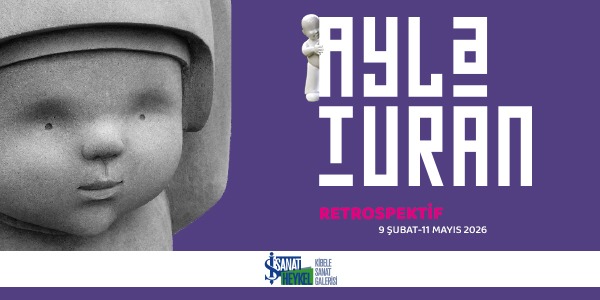The German Green Party-affiliated Heinrich Böll Foundation, “in agreement with the Bremen Senate,” is withdrawing from awarding the Hannah Arendt Prize for Political Thought to the Russian-American journalist Masha Gessen, citing Gessen’s recent New Yorker essay “In the Shadow of the Holocaust” as the reason for the decision.
In the essay, published on December 9, Gessen criticizes Germany’s Israel policy (including the Bundestag’s controversial BDS resolution, which condemns the Israel boycott movement as anti-Semitic) and its politics of remembrance, and compares the plight of today’s besieged Gazans to that of the ghettoized Jews in Nazi-occupied Eastern Europe:
”For the last seventeen years, Gaza has been a hyperdensely populated, impoverished, walled-in compound where only a small fraction of the population had the right to leave for even a short amount of time—in other words, a ghetto. Not like the Jewish ghetto in Venice or an inner-city ghetto in America but like a Jewish ghetto in an Eastern European country occupied by Nazi Germany. In the two months since Hamas attacked Israel, all Gazans have suffered from the barely interrupted onslaught of Israeli forces. Thousands have died. On average, a child is killed in Gaza every ten minutes. Israeli bombs have struck hospitals, maternity wards, and ambulances. Eight out of ten Gazans are now homeless, moving from one place to another, never able to get to safety.”
The Heinrich Böll Foundation announced Gessen as the prize winner in August, based on a decision made by an independent jury. At the time it stated that “as an analyst of decline and hope, Gessen reports on power games and totalitarian tendencies as well as civil disobedience and the love of freedom”.
Supporters of Gessen, who is Jewish, and whose grandfather and great-grandfather were among family members murdered by the Nazis, have been quick to point out the irony of suspending a prize awarded in memory of Arendt, the German-born Jewish-American historian, philosopher and antitotalitarian political theorist who coined the phrase “the banality of evil”, in connection with the trial of leading Nazi Adolf Eichmann, which she covered as a journalist for the New Yorker.









